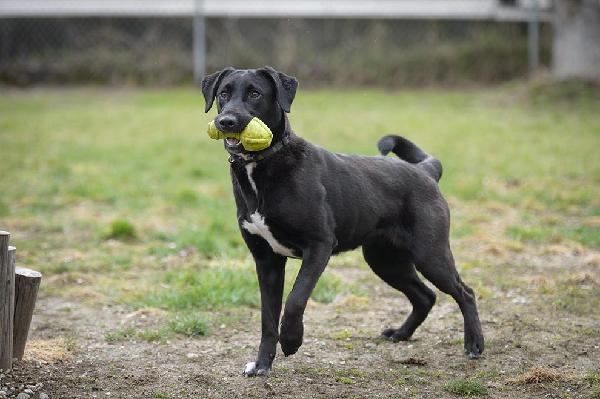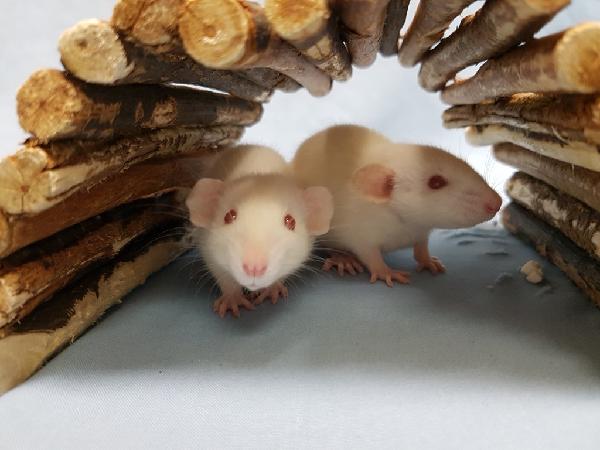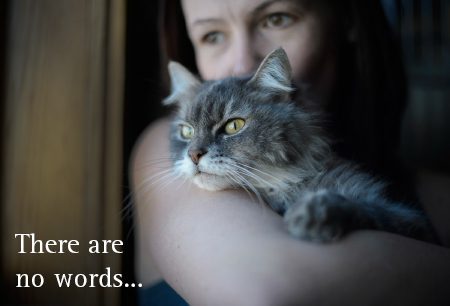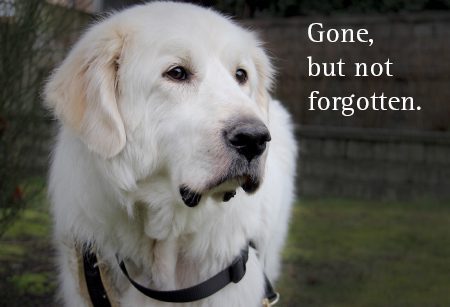Being the guardian of a companion animal can be very rewarding and can help people develop empathy for all animals. The BC SPCA believes that people and domesticated companion animals can both benefit from this relationship. The BC SPCA also believes that people who keep companion animals are responsible for ensuring these animals experience good welfare throughout their lives in accordance with the Five Freedoms.
Approved by the Board of Directors – June 2009
Definitions
Five Freedoms: A concept first developed by The Brambell Committee, formed by the UK government to examine the conditions on commercial farms. Now internationally recognized, the Five Freedoms are considered applicable to all animals.
The BC SPCA’s Five Freedoms (adapted from the original list) are:
- Freedom from hunger and thirst;
- Freedom from pain, injury, and disease;
- Freedom from distress;
- Freedom from discomfort;
- Freedom to express behaviours that promote well-being.
The BC SPCA’s Five Freedoms form the basis of the Society’s Charter and describe conditions that must be fulfilled in order to prevent the suffering of all animals in human care. The Society acknowledges that these freedoms are not enforceable and that absolute provision of these freedoms may not be possible, but strongly encourages all animal guardians to strive to provide them.
Companion animals: Domesticated animals who have been selectively bred to live and thrive in mutually beneficial relationships with humans and who are kept primarily for the purpose of companionship.
Domesticated animals: Species that have been selectively bred by humans over hundreds or thousands of generations in order to alter their genetics to create animals who are dependent, docile, predictable and controllable, and who no longer occupy an ecological niche in the wild.





